DevOps Tutorial for Beginners: Learn Now
4.9 out of 5 based on 7485 votesLast updated on 2nd Feb 2024 12.8K Views
- Bookmark

Embark on your DevOps journey with our beginner-friendly tutorial. Start your journey to seamless software development and operations. Learn now!
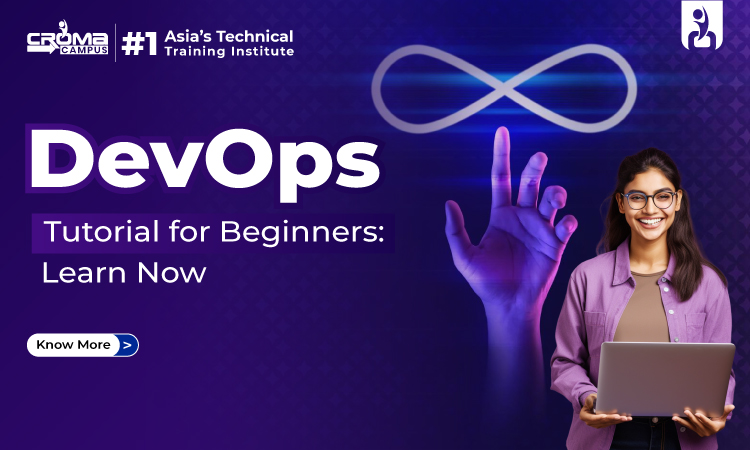
To begin with, DevOps refers to the combination of cultural philosophies, practices, and tools useful for increasing an organization's ability to deliver applications and services at high frequency. Implementing DevOps in a business ensures that organizations can evolve and improve products at a faster pace. Above all, due to its great demand, DevOps learning can offer you numerous high-paying jobs all over the world. A DevOps beginner can earn about 4 to 6 lakhs per annum in India after completing the training through a DevOps tutorial.
Significant Features of DevOps
Using DevOps in a business results in increasing its operational efficiency. In addition, it also accelerates the delivery process and facilitates the innovation of products. Implementing the DevOps culture results in increasing collaboration and reduces cycle times. It improves collaboration and facilitates alignment between the development and operations teams. Along with this, DevOps facilitates real-time feedback and greater efficiency. Many institutes provide the DevOps tutorial for Beginners and enrolling in them will help you learn its features. Apart from these, given below are some significant features of DevOps.
- Boost Client Retention & Satisfaction.
- Boost Corporate Effectiveness.
- Boost Reaction Time.
- Boost operations' adherence to company objectives.
- Over time, costs decreased.
- Boost the agility of your business.
- Increased Worker Contentment & Efficiency.
- Quicker release of new functionalities.
- Improved versioning and control of releases.
- Increased frequency of software updates.
- Increased pace of development.
- Cut Down on Action Time.
- Improved cooperation between project teams.
- Lower costs for IT.
- Increased Efficiency.
- Days are saved on resource management.
Tips: If you want to become a DevOps Engineer, you must acquire a DevOps Course in Noida and get ahead in this field.
Best DevOps Tools in 2025
DevOps offers numerous tools for managing reporting, documentation, distribution, releases, and dependencies processes. These tools are used all over the stages of the DevOps lifecycle. DevOps for Beginners course provides a deep understanding of these tools. Below are the top leading DevOps tools that every tech pro needs in 2025.
- Git (GitLab, GitHub, Bitbucket)
- Maven
- Jenkins
- Chef
- Puppet
- Ansible
- Docker
- Kubernetes
- Slack
- Appdynamics
- Raygun
- Splunk Cloud
- Selenium
- Gremlin
- ServiceNow
- Scripting
- Terraform
- Nagios
- Phantom
AWS is a leading cloud platform offering scalable solutions for businesses. Enroll in an AWS Online Course to master cloud computing, security, and deployment, enhancing your career opportunities in the tech industry.
Career Opportunities in DevOps
DevOps is one of the promising fields in the IT industry and DevOps learning can offer you many high-paying job options. Starting a career in DevOps requires a bachelor’s degree in any technical field. Furthermore, having a certification is even more beneficial as it offers you better exposure to the best of the professional world. Enrolling in the DevOps tutorial for Beginners will help you start a career in this domain. Many DevOps Institute offer great career opportunities and enrolling in them can be highly beneficial for your career. Now here are some leading careers you can explore after learning DevOps.
- Release Manager- These professionals are responsible for overseeing the entire software delivery life cycle. Along with this, they have to plan, organize and control the software development and delivery process.
- DevOps Cloud Engineer- They have to design, deploy, and maintain cloud-based systems for companies. Along with this, they have to work with the development teams to formulate seamless cloud solutions.
- DevOps Engineer- As a DevOps engineer, you will be responsible for managing the integration of project functions. Furthermore, they help the operations and development teams to ensure that they are working smoothly.
- DevOps Architect- These professionals are responsible for the development of platforms and architectures. Along with this, DevOps architects have to work towards software development and supervise the teams.
- DevOps Lead- As a DevOps Lead, you will be working on the automation of all the manual tasks for the development. Along with this, these professionals have to maintain the high availability of the work environment.
- DevOps Automation Expert- These professionals create continuous integration infrastructure and work towards integrating monitoring, dashboard, and alert systems to prevent or discover mistakes proactively.
- DevOps Testing Professional /Engineer- They are responsible for developing and implementing the tests. Their job also requires supervising the testing program and debugging the systems.
- Software Developer- Their job responsibility includes designing the algorithms and flow charts. Furthermore, they have to work on the codes based on the required needs and integrate the software elements.
- System Engineer- Their job responsibility consists of managing and monitoring all installed components and frameworks. Along with this, they have to maintain and configure the operating system and system management components.
- Security Professional- As a security professional, you will be responsible for securing premises and staff. These professionals also have to deal with all the security measures deployed in the company.
Note: Unlock your career potential with comprehensive AWS Cloud Computing Training, mastering essential skills in cloud infrastructure, scalability, and services to excel in the ever-evolving field of cloud technology.
Also Read This Post:
Top DevOps Questions And Answers
Top 5 Popular DevOps Certifications
AWS Certified DevOps Engineer Certification
Note: Croma Campus is one of the best & accredited EdTech companies for providing AWS Course in Delhi. You can check the details about the course, fees, and duration.
Certification in DevOps
DevOps is a highly in-demand skill and numerous companies use it. In addition, businesses look towards hiring skilled professionals who have completed DevOps Course with DevOps certifications. Having a DevOps certification course can be highly beneficial for those who are looking towards starting a career in this domain. DevOps credentials are highly renowned and gaining them helps you get real-world experience. Furthermore, these credentials help you explore higher-paying job opportunities and make you even more employable. They enhance your career prospects and provide you with more leverage in job interviews. Above all, there are many certifications in DevOps for Beginners and experienced professionals. Below are some top-rated credentials in DevOps.
- AWS Certified DevOps Engineer Professional- This certification validates your skills and ensures that you are capable of testing and deploying AWS applications and infrastructure. Furthermore, this credential validates your expertise and helps in implementing and automating compliance validation.
- Certified Kubernetes Administrator (CKA)- The CKA certification validates that you are capable of managing and configuring the production-grade Kubernetes clusters. Above all, it ensures that you are highly skilled in Kubernetes troubleshooting along with cluster architecture and installation.
- Docker Certified Associate (DCA)- This credential ensures that you have the necessary skills with Docker and containers. Along with this, you have knowledge of orchestration; image creation, management, and registry. This credential is for DevOps engineers and other software engineers who work with DevOps.
- Puppet Certified Professional- Passing this exam validates that you are capable of using the Puppet IT automation software and you have great technical skills and real-world experience. Above all, you understand the concepts related to classification strategies and concepts.
- Microsoft Certified: DevOps Engineer Expert- This certification ensures that you are skilled in DevOps processes. Along with this, it ensures that you are capable of developing instrumentation strategies, site reliability engineering strategies, and security and compliance plans.
Tips: Amazon Web Services (AWS) provides cloud computing solutions for businesses, offering scalability, security, and reliability. Earning an Amazon Web Services Certification validates expertise in cloud technologies, enhancing career opportunities in cloud computing.
Conclusion
Businesses may ensure that their products can evolve and improve more quickly by implementing DevOps. Above all, the DevOps tutorial may provide you with a wide range of well-paying positions across the globe because of its strong demand. Moreover, DevOps enables improved productivity and real-time feedback. One of the most promising areas in the IT sector is DevOps, and knowing about it can lead to a variety of well-paying career opportunities. Participating in the DevOps tutorial will assist you in launching a career in this field. In conclusion, obtaining DevOps qualifications after completing the DevOps beginner course is highly regarded and facilitates the acquisition of practical experience.
Relevant Cloud Computing Online Courses:
Subscribe For Free Demo
Free Demo for Corporate & Online Trainings.
Your email address will not be published. Required fields are marked *
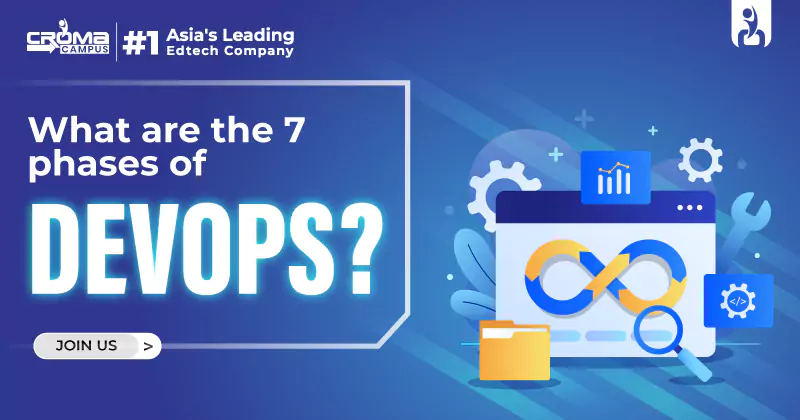
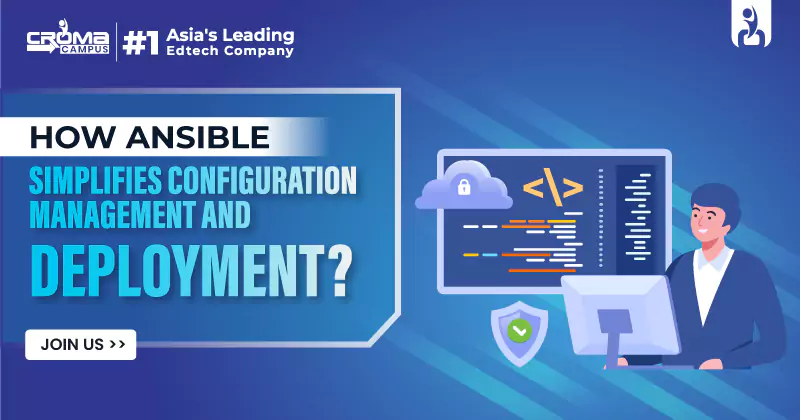
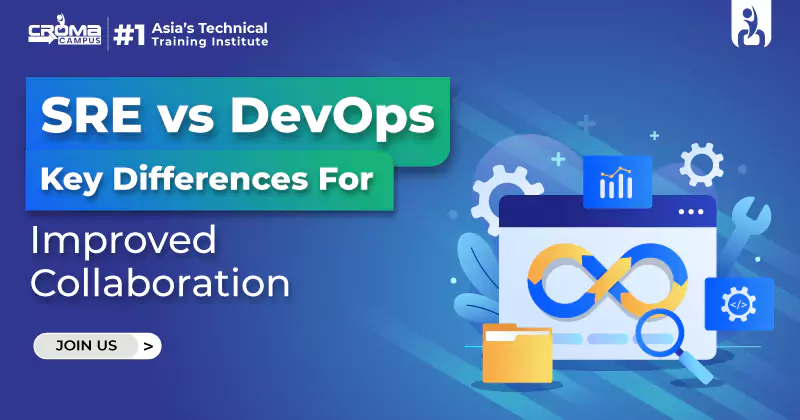
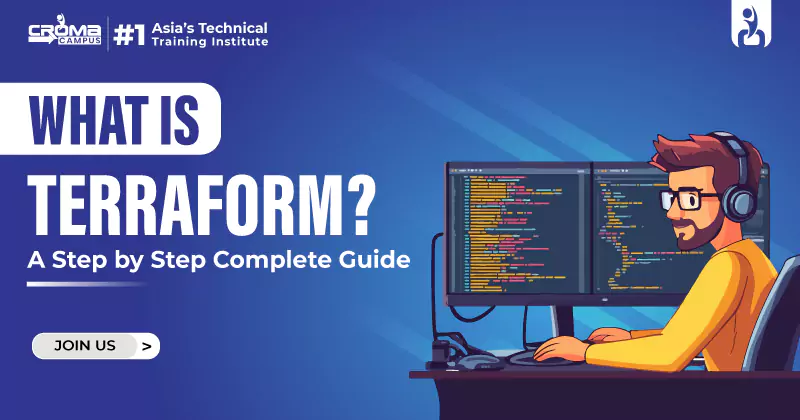
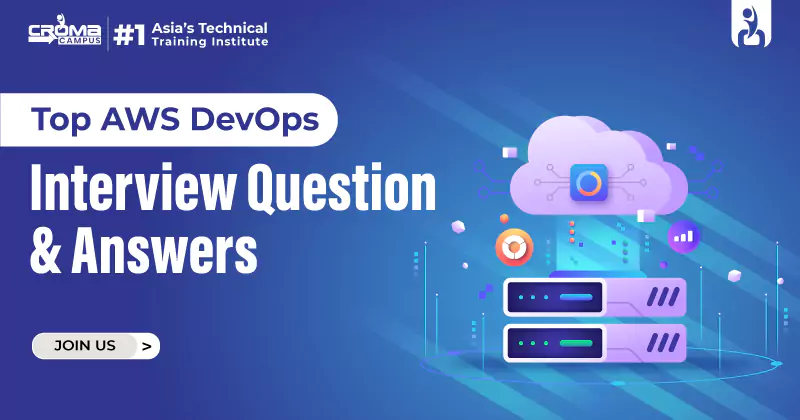
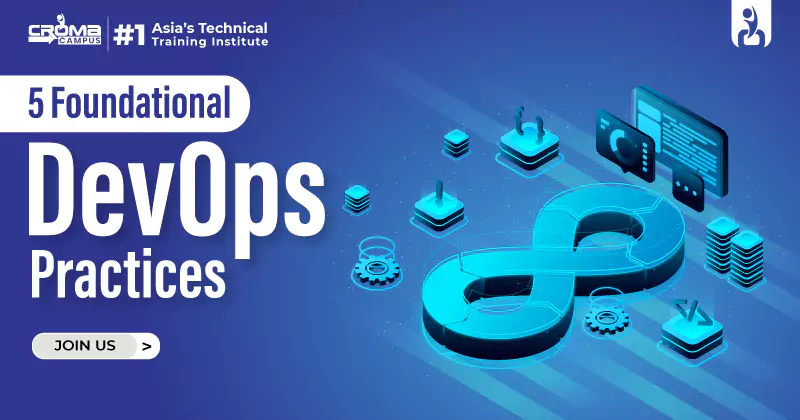
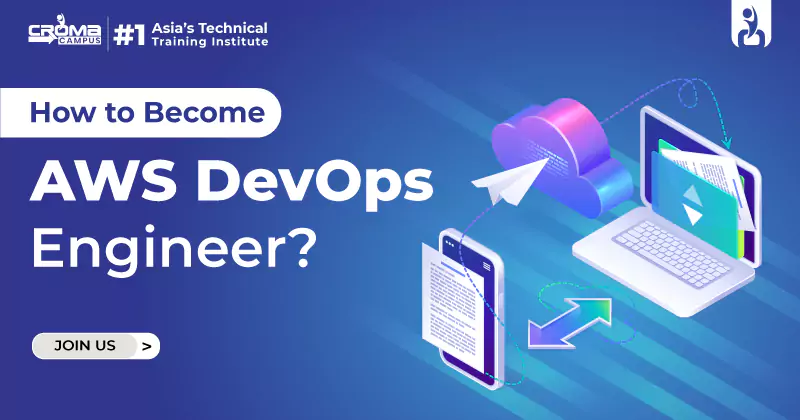
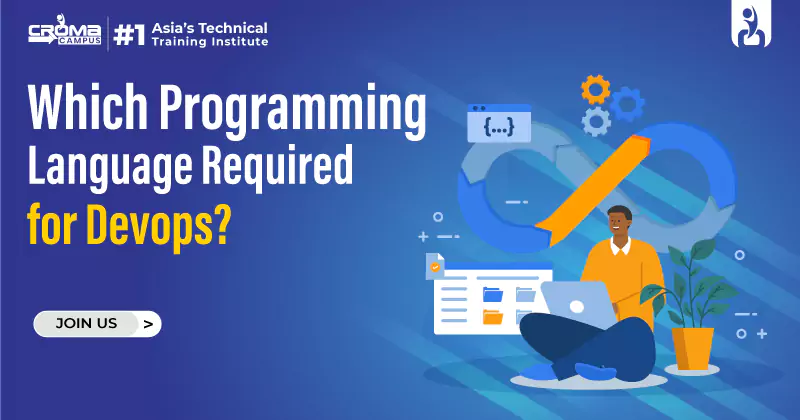
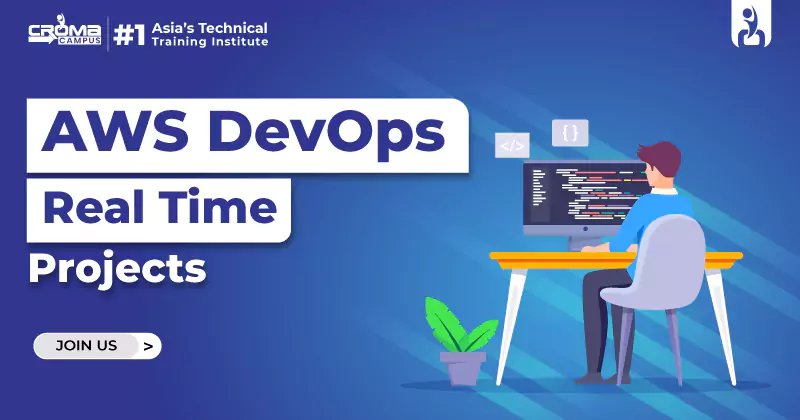
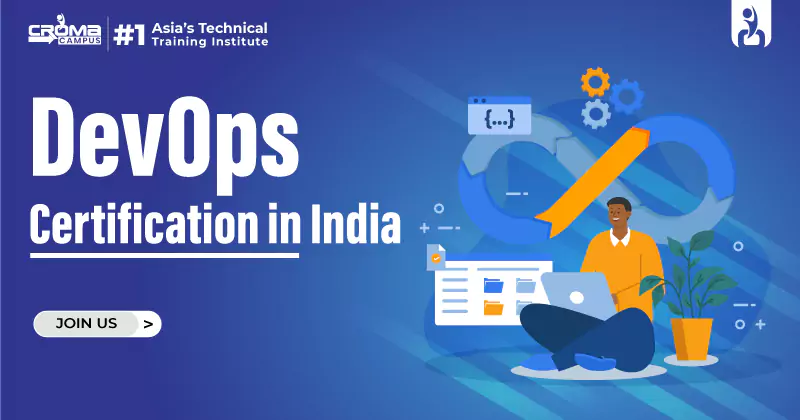
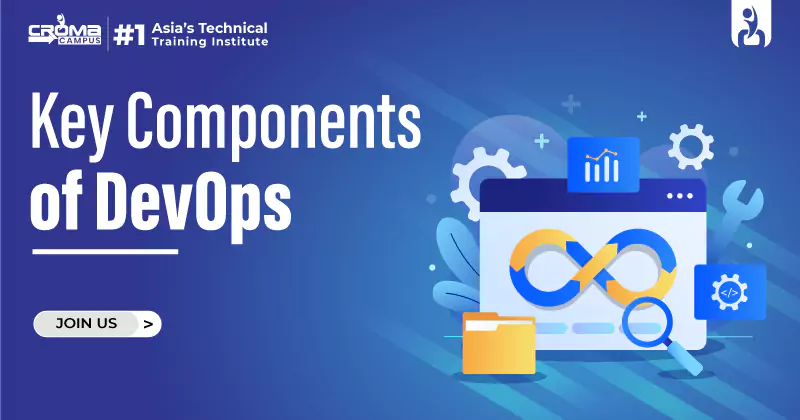
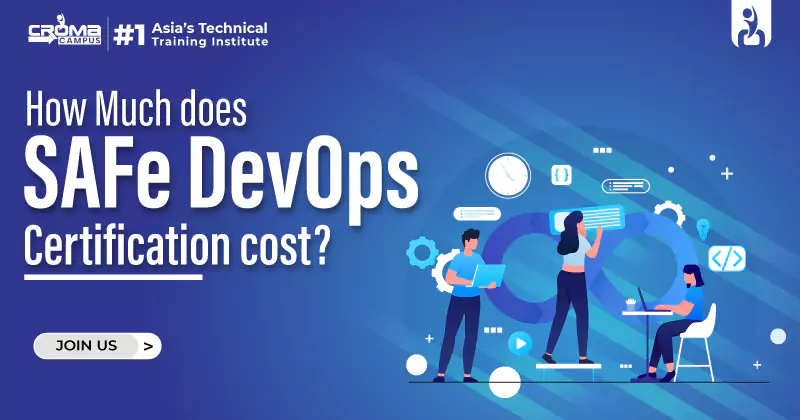










 Master in Cloud Computing Training
Master in Cloud Computing Training